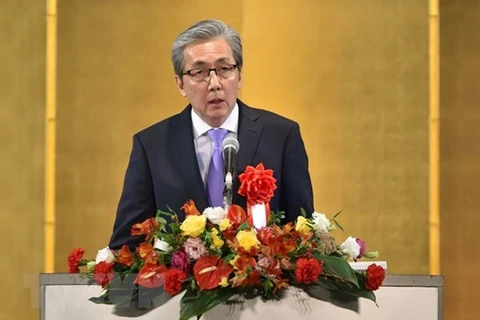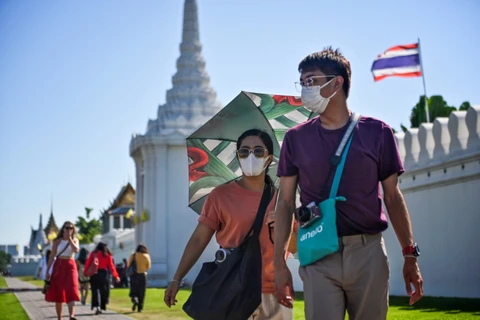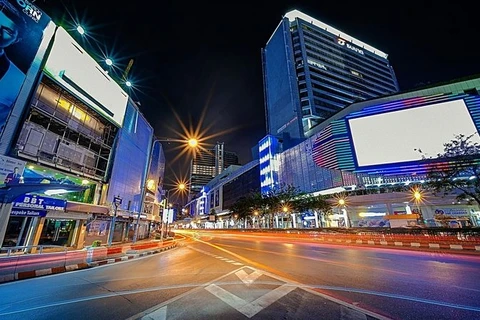Hanoi (VNA) – Thailand is planning to reopen its borders to tourists from countries which have comparably low coronavirus infections as it is striving to revitalise the pandemic-hit tourism industry.
The country closed its borders at the start of April, leading to millions of job losses across this sector.
Despite registering the first COVID-19 case outside of China in January, Thailand has recorded just more than 3,130 infections with 58 deaths so far.
Given the low figures, tourism officials are hoping to lure back visitors from regional countries where the disease has been controlled well, including China, Vietnam, the Republic of Korea, Australia and New Zealand.
Taweesin Visanuyothin, spokesman for the Thai Government’s Centre for COVID-19 Situation Administration, told the media recently that the so-called “travel bubbles” will allow people from countries who have the same level of virus to visit without the mandatory 14-day quarantine.
He said travellers will need to have completed "health checks" before and after arrival as well as valid medical insurance. However, he did not give a date for the selective reopening, adding that talks over coming days between health and tourism officials will outline the next steps.
Taweesin noted his country is targeting sports tourists like golfers because they stay in certain areas and have limited contact with locals, as well as businessmen and medical tourists.
Tourism, which accounts for around 20 percent of Thailand’s GDP, is predicted to suffer from revenue losses of up to 47 billion USD this year as arrivals may drop to 14 million from 40 million last year, according to a recent HSBC Global Research note./.
VNA

























